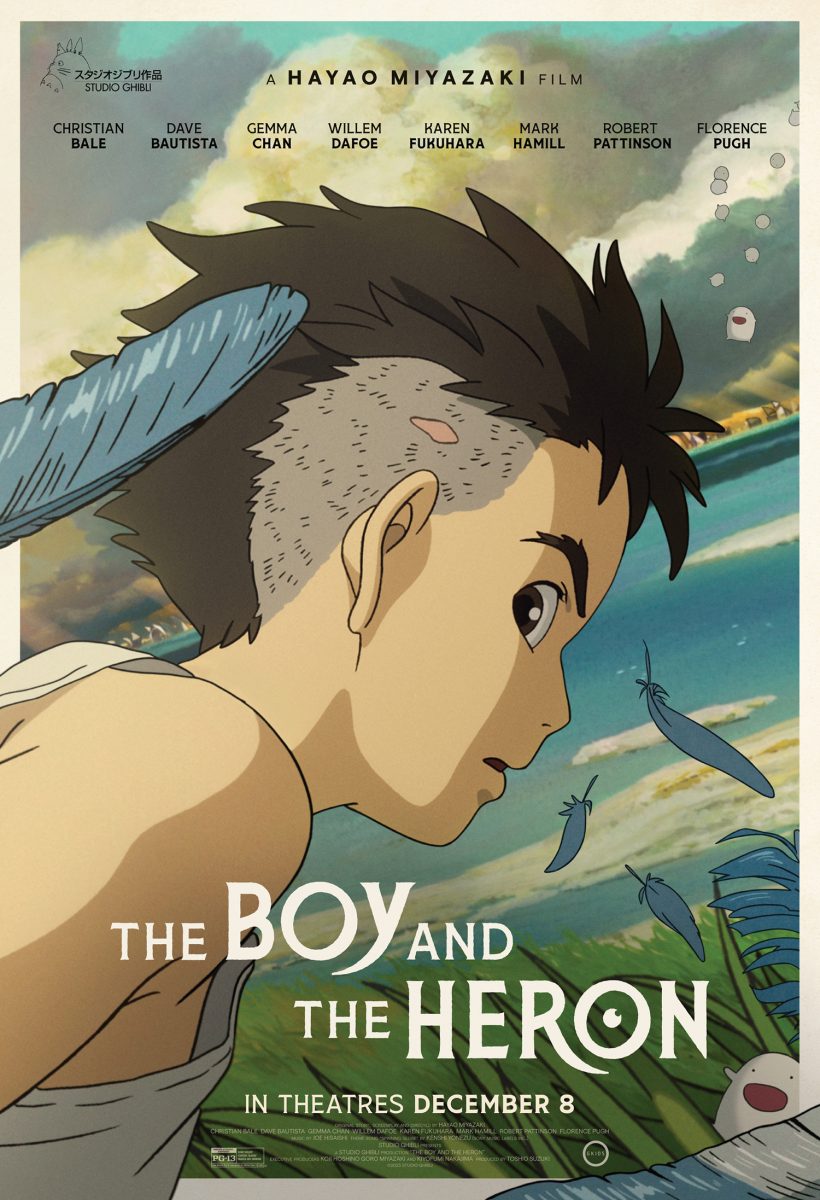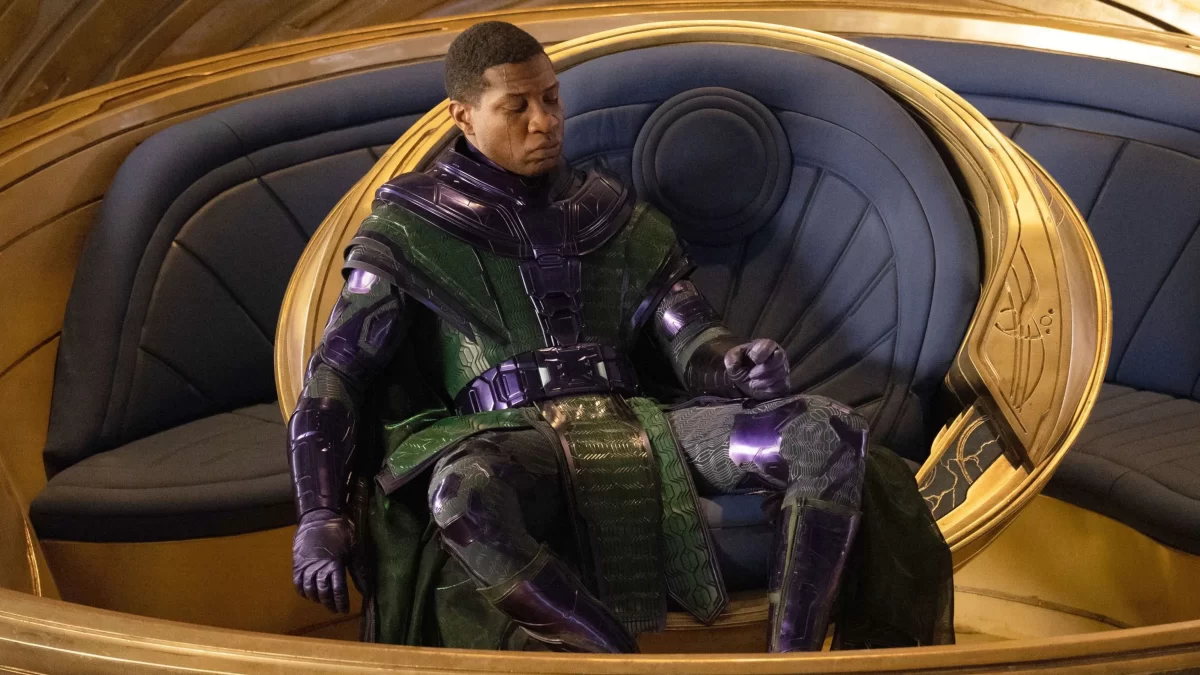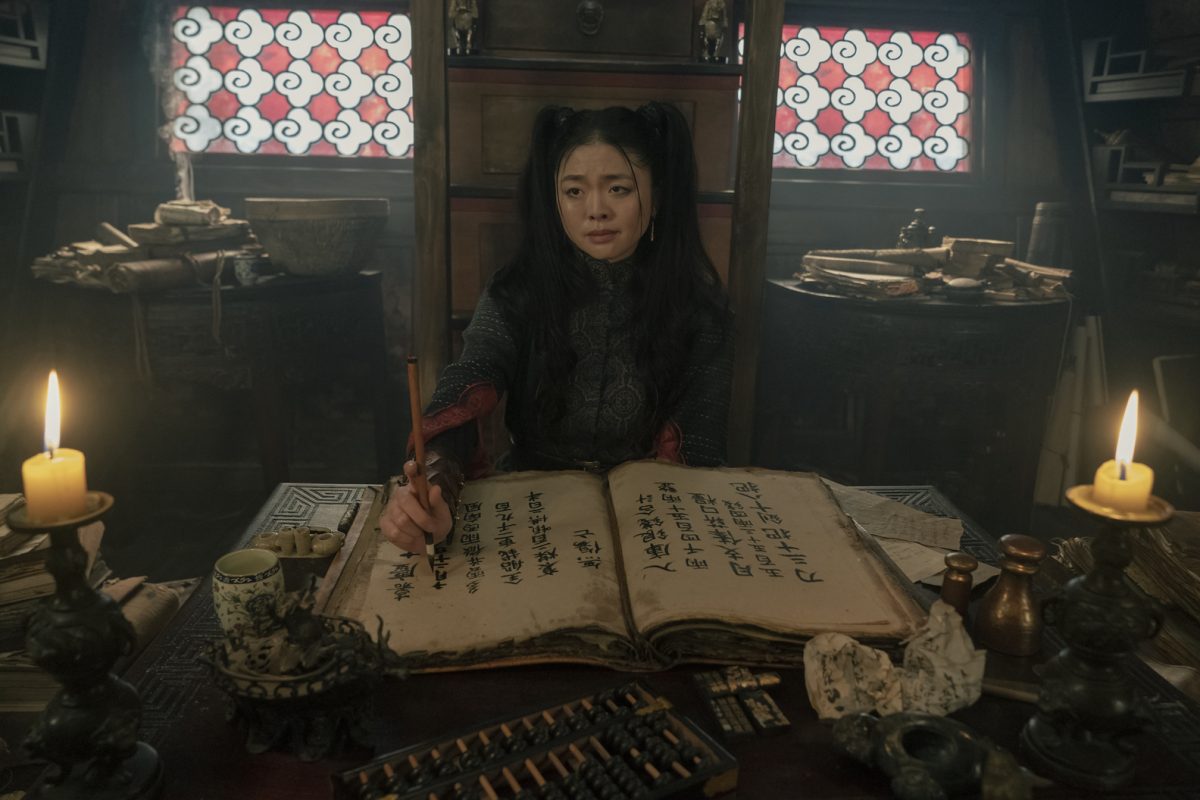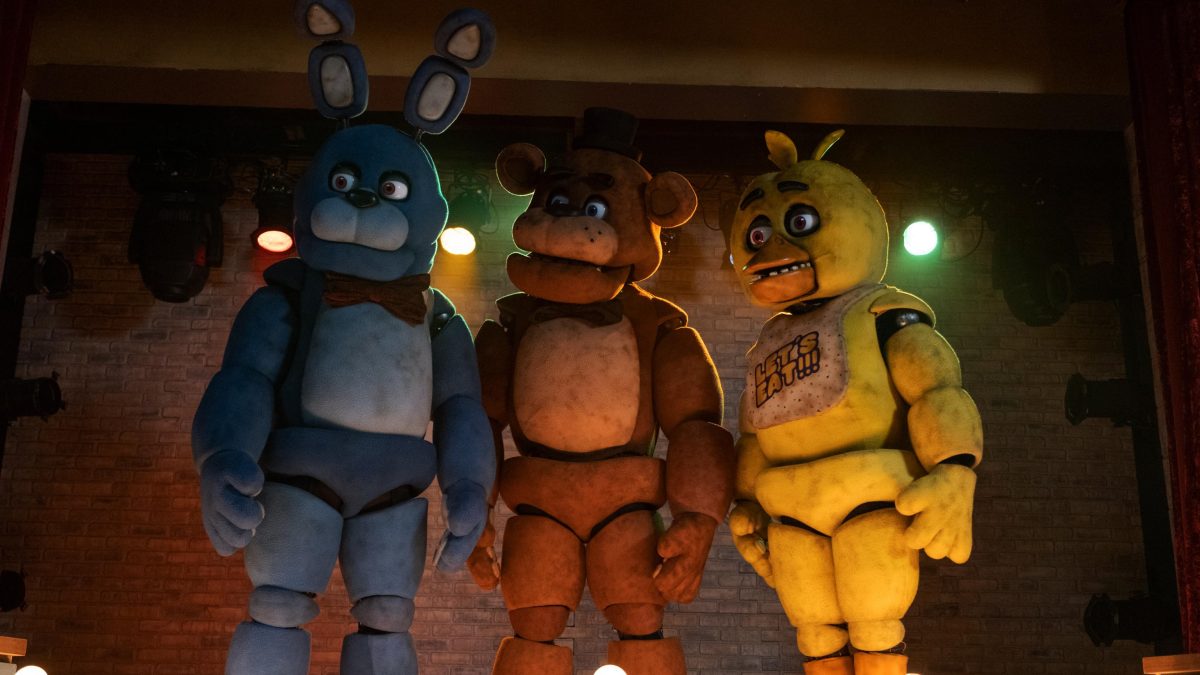by Charlotte Schofield
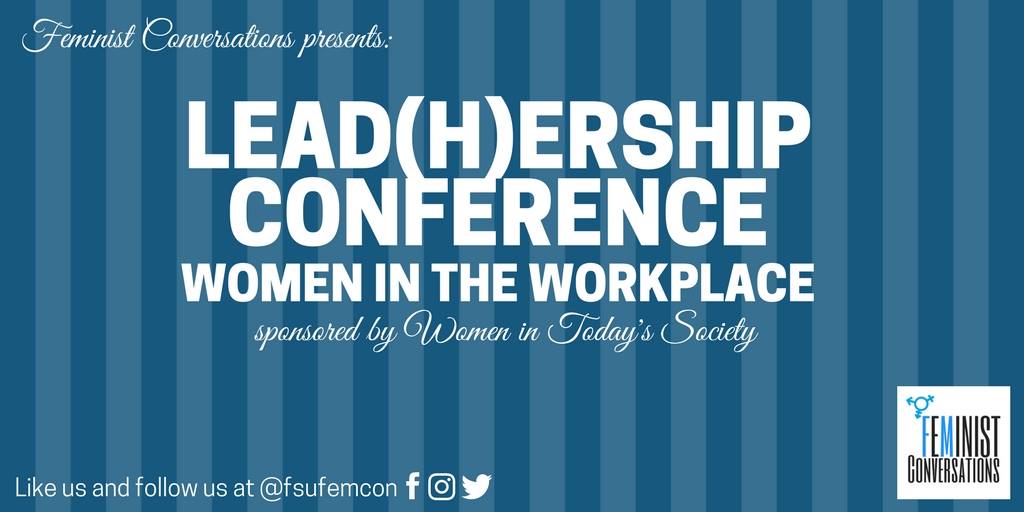
Hammond Main Lounge was set up superbly by Event Services Staff, tables covered in clean white linen sheets, the buffet displaying a healthy selection of meat and veggie wraps for students to choose from, and the presentation screen above proudly exhibited in bold graphics, “Lead(H)ership Conference: Taking Up Space”.
Sitting down with my notebook in hand, I was ready to listen to the panelists, learn what motivated other women like me to attend this conference, and see what new theories are important to the members of Feminist Conversations here at FSU.
Fitchburg State Feminist Conversations held their annual Lead(H)ership Conference on Friday, March 30th. This event was sponsored by various clubs and organizations at Fitchburg State, with an all-woman panel that ranged from esteemed Ph.D Professors, to celebrated poets, freelance and published writers, and of course Fitchburg State students. Ther varying presentations were on Gender in Education, Allyship, Planning Grassroots Campaigns, #WritersResist Workshop, Global Citizenship and the Professional side to feminism.
Starting off the conference, Dr. Laura A Bayless, who in the provided pamphlet identifies her pronouns as She/Her/Hers, works as the Vice President for Student Affairs here at FSU and encouraged the attendees to, “Wherever you are, take up space!” mainly referring to male-dominated work fields, classrooms and social settings. With her inspirational quote and having looked over the scheduled presentations list, I took off with all the other professionally dressed women, eager to get to the elevator and panel first.
Motivated attendees, students, and faculty alike, were able to listen and learn from Katharine Covino-Poutasse who has worked in literacy education with a focus on critical literacy and gender. While also educating on critical literacy, gender, (D)iscourse, identity, and critical pedagogy as a professor here at Fitchburg State University, Professor Covino-Poutasse had an air of confidence as she introduced her presentation.
Entitled, “‘All the Aggression Was Schooled Out of Her’: How Teachers Influence Children’s Understanding and Performance of Gender in School”, Covino-Poutasse explained her theories on teachers interactions with their students and how that can influence a child’s “performance” of gender in the classroom. Covino-Poutasse discussed gender pedagogies, which is “the idea of teaching from a gender perspective,” according to the Swedish Secretariat for Gender Research, how unequal attention from the teacher to their male and female students can inherently restrict them from developing their own identities.
“Teachers rob young female students of their gender-linked self-worth, which negatively affects fewer boys than girls, who commonly internalize their emotions,” commented Professor Covino-Poutasse as she explained the dangers of correcting cross-gender behavior, some examples being a male student wanting to wear skirts or a female student playing soccer. She discussed how linguistic bias can negatively affect students’ education, especially when creating “rigid, immutable and hierarchical categories between the gender identities of the classroom.”
Dr. DeMisty Bellinger-Delfeld led the conference’s #WritersResist Workshop alongside fellow activist writers in a discussion on Post-Election writing and how she was able to “take up space in the writing world.” Catherine Rockwood and Adriana Grant, both educators and accomplished writers, helped Belinger to explain literary devices they used in their Post-Election creative writing. “We participated in such events as #Writers Resist and submitted to journals asking for our reactions, but some of us found that our writing has changed in significant ways even a year later.”
During the discussion, they talked about how the use of creative writing can express the author’s internalized thoughts on important topics such as “male-privilege, sexual assault and the patriarchal pressures that affect feminist ideologies”. After a personal reading of her poem “Pussy Willow”, DeMisty and the other panelists were able to grasp how important creative writing has become in changing our society during this time of hyper-political awareness.
We all left the panel with the confidence in not only our own writing as educated college women, but also with the courage to go against the rules of both the writing world and the political world in order to express our ideas and make an impact in our communities, even if that means just Fitchburg State University.
The last panel I was able to attend was lead by Kori Ryan, Assistant Professor of Behavioral Sciences at FSU, who teaches many courses dedicated to Human Services, Crisis Intervention, Social and Cultural Diversity while also having experience with clinical/forensic assessments in regards to the justice system.
Needless to say, Professor Ryan has the experience and confidence to navigate the professional world as a proud feminist. Her main tip for young women at FSU ready to graduate? “Identify your strengths, develop your own sense of style to boost your confidence in interviews and be authentic in the workplace!” She explained how women can fear the many expectations demanded by the working world, but finding ways that make you feel empowered in your work parameters can make all the difference in successful job interviews to 9-5 shifts (commenting on her personal love for fun blazers).
The professional side of Feminism is all about finding your balance according to Professor Ryan, how to be true to yourself as a strong woman while also “navigating the unspoken rules of various professions”. With this abundance of professional tips, I left the last panel of the day feeling better about my outfit I had chosen, knowing I walk taller when I am confident in myself.
The Lead(H)ership Conference of 2018 was wrapped up with a group panel Q&A between the other educators whose panels were included in the program, including Victoria Chase and Laura Bayless, where they wrapped up their final thoughts on the day’s discussions and answered any questions from the attendees.
The other students talked openly about issues that plagued them such as workplace hierarchies between men and women, “apologetic language” that can undermine their actions as women, the dangers of gendered bias, and how they feel regarding being labeled as a “bitch not boss” in their professional lives. While I had been listening to the day’s lectures and discussion with no more than one or two questions, I left the conference still fuzzy on some ideas:
How can striving towards a more “de-gendered” learning environment positively and negatively affect a child’s mental and educational growth?
What is the importance of establishing “gender-linked self-worth” to children in elementary school when they will inevitably have the ability to choose to pursue gender studies in college?
Will parents want their child to focus on applicable studies such as literacy, speech, problem solving and teamwork or choose to follow gender-based curriculum in lower education?
Because women and men are more equal in the United States than ever before in our history, legally and socially, how will “taking up space” be a positive impact to change today’s political world?
With my questions and a newfound boost of confidence, thanks to the Feminist Conversations Executive Board and their event, I plan to use the things I learned during presentations in order to answer those questions I kept to myself. Whether that means interviewing a teacher about their experience with gender in the classroom, or shop for that perfect blazer that will match my strong resume, or even write an article on the latest political event dominating the news, I plan on gaining a different perspective on issues today while doing it my way.
Regardless of what should happen in politics this next year, after attending this event I know I can handle the world with confidence, poise, and a new knowledge of others perspectives thanks to Feminist Conversations here at Fitchburg State.
Further reading:
Swedish Secretariat for Gender Research
Nasty Women Poets: An Unapologetic Anthology of Subversive Verse
“Pussy Willow” by Dr. DeMisty D. Bellinger in Nasty Women Poets: An Unapologetic Anthology of Subversive Verse.


